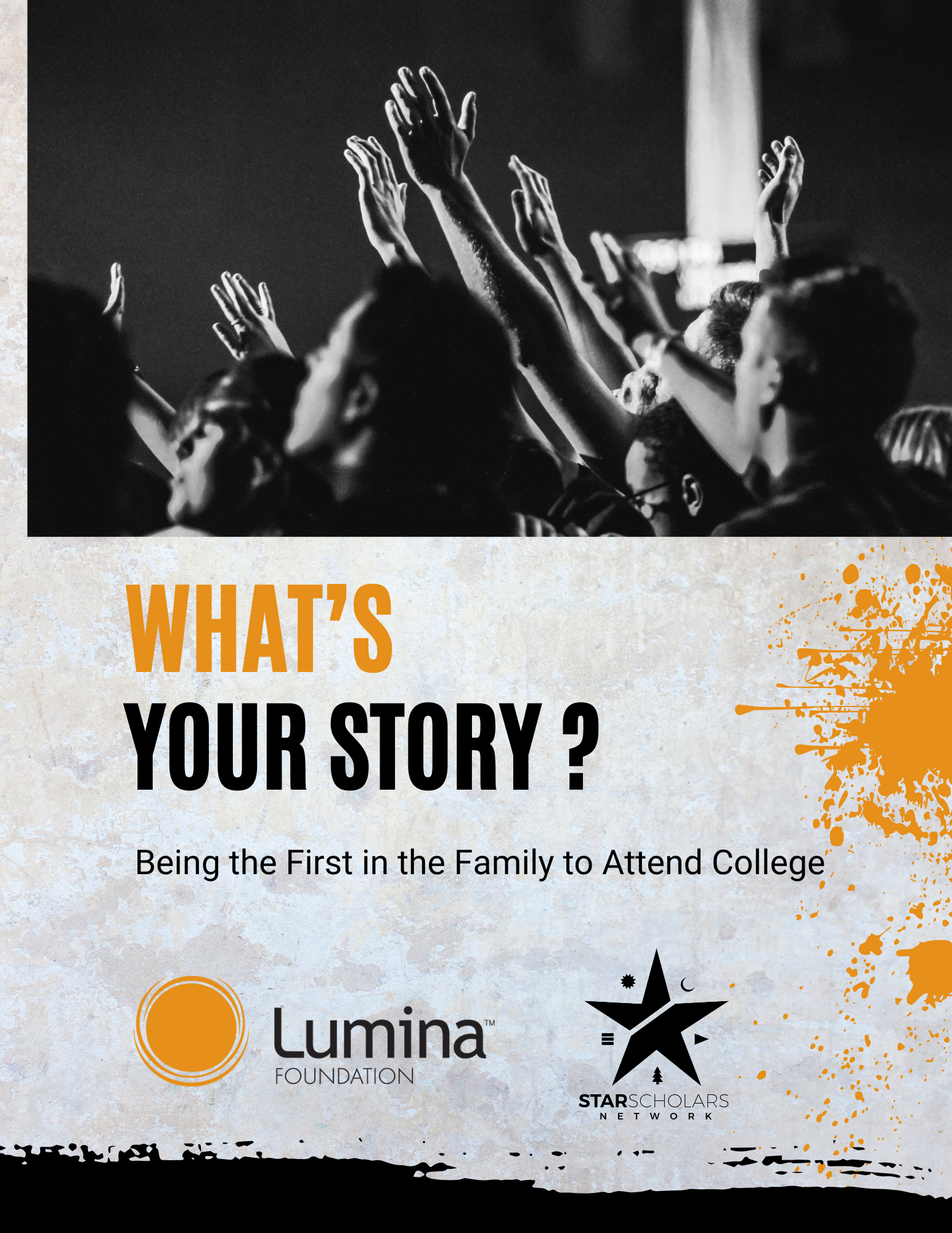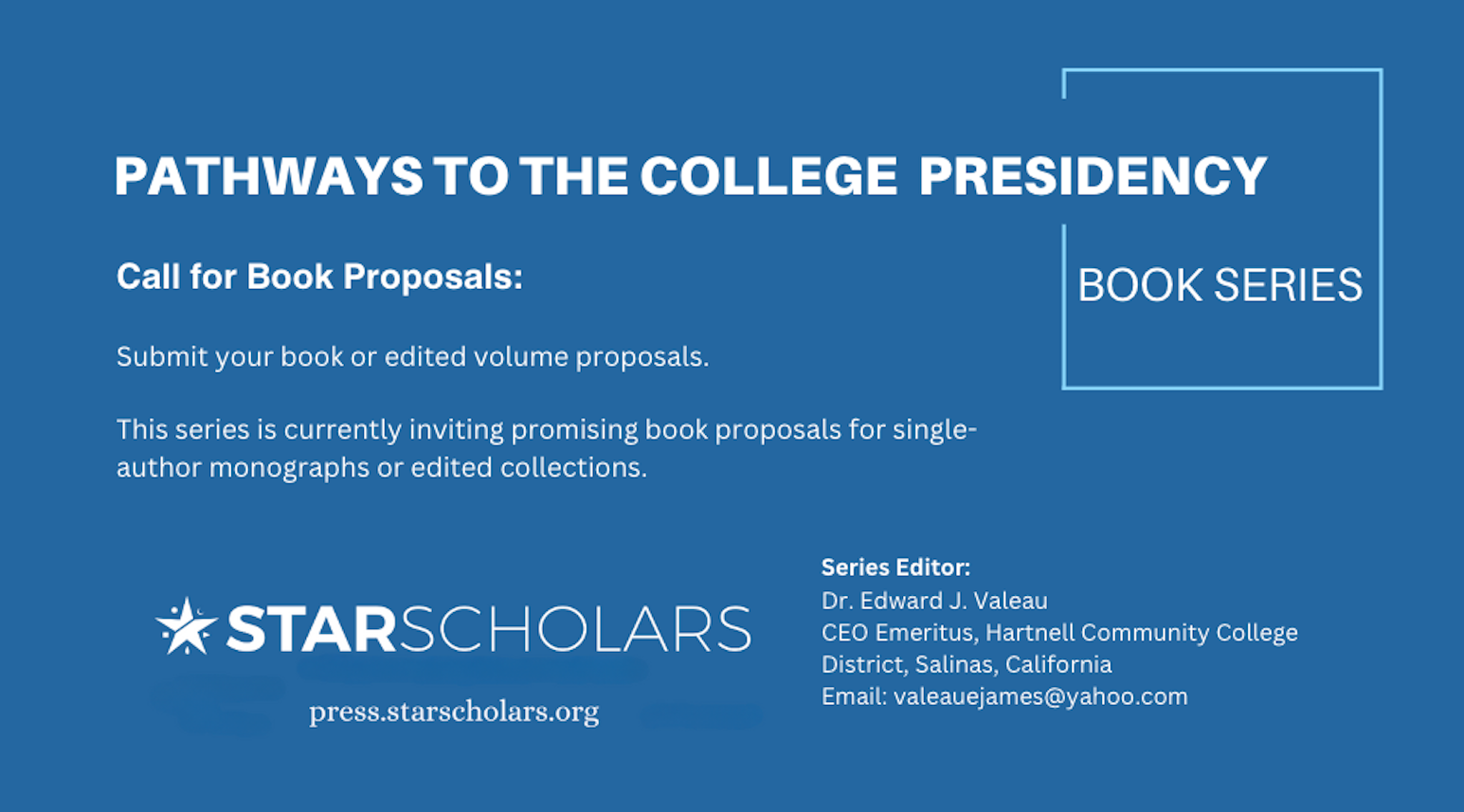Call for Proposals: STEM and Student Wellbeing
STEM and Student Wellbeing: Integrating Counseling Perspectives into Higher Education
This special issue explores the critical intersection between STEM education and student counseling in higher education. With the increasing pressures STEM students face—including academic rigor, imposter syndrome, mental health concerns, and equity challenges—there is a growing need to integrate counseling theories and support systems into STEM pedagogical practices. This issue aims to highlight interdisciplinary research and evidence-based strategies that connect STEM teaching with student wellbeing, identity development, and psychosocial support frameworks. By bringing together scholars from counseling, psychology, and STEM education, the issue reimagines STEM learning environments as intellectually rigorous and emotionally supportive. Contributions will include culturally responsive teaching, trauma-informed pedagogy, advising strategies, and interventions that promote resilience, persistence, and belonging in STEM majors. The issue contributes to a growing discourse on holistic STEM education and provides innovative insights for faculty, administrators, and student affairs professionals.
List of Potential Topics:
- Trauma-informed pedagogy in STEM classrooms
- Culturally responsive advising in STEM disciplines
- Impact of counseling support on STEM student retention
- Mental health and identity development among STEM students
- Faculty-counselor collaboration models in higher education
- Addressing imposter syndrome in underrepresented STEM groups
- Role of academic advisors in STEM student success
- Interventions for promoting resilience and a growth mindset in STEM
- STEM students’ perceptions of psychological services on campus
- Case studies on integrated counseling-STEM programming
Guest Editor:
Dr. Delarious O. Stewart
Assistant Professor of Counseling
East Texas A&M University
E-mail: delarious.stewart@tamuc.edu
Bio: Dr. Stewart is a professional counselor and school psychologist whose research explores STEM education equity, systemic inequities affecting African American men and boys, focusing on mental health access, school discipline disparities, and culturally responsive counseling. He publishes on trauma-informed and equity-centered practices in educational and counseling contexts.
Dr. LaVelle Hendricks
Professor of Counseling
East Texas A&M University
Bio: Dr. Hendricks is a nationally recognized expert in addiction counseling, anger management, and student affairs. His work emphasizes accessible, transformative support for underserved student populations. With a deep commitment to student development, he has authored multiple books and peer-reviewed articles addressing wellness, identity, and counseling in higher education.
Dr. Dimitra Smith
Professor, Department of Higher Education and Learning Technology
East Texas A&M University
Bio: Dr. Smith is a higher education scholar practitioner whose her research explores the intersection of STEM education, community colleges, and the academic trajectories of underrepresented students, particularly African American women and transfer students. Dr. Smith has served as an editor for volumes focused on workforce development through STEM and CTE programs and has published in leading journals. Her scholarly work investigates systemic barriers, cultural capital, and the role of institutional agents in promoting equity in science and engineering fields. She is also the author of several children's books that promote early exposure to STEM. In addition to her academic contributions, Dr. Smith is recognized for her mentorship of graduate students and leadership in developing culturally inclusive curricula.
Dr. James Maiden
Associate Professor and Assistant Dean for Student Affairs
Uniformed Services University of the Health Sciences – Bethesda, MD
Bio: Dr. James Maiden is a Licensed Professional Counselor (LPC), National Clinical Mental Health Counselor (NCC), and Approved Clinical Supervisor (ACS). He brings extensive experience in counseling, student development, and academic leadership. His research includes the intersection of STEM education and mental health, integrative medicine, and student leadership. Dr. Maiden’s work bridges academic achievement and mental wellness, advancing holistic support systems and resilience in education and healthcare settings.
Submit your abstracts (120 words)
Tentative Timeline:
- Abstract Submission Deadline: August 15
- Full Manuscript Submission Deadline: Oct 15
- Publication Date: Jan 15
Manuscript Types
Research Articles (2,500-7,500 words) submissions use quantitative, qualitative, or mixed methods research to make significant advancements in under-researched aspects of the field related to topics outlined in the journal's Aims & Scope.
The "Research in Brief" section (2,500 words) is designed for concise analyses of specific topics or questions, using new or existing data sources. Articles should include a brief introduction, a discussion of the data, up to two figures/tables, a maximum of 10 references, and be within 2,000 words. Titles should be under 10 words, and an abstract of 120 words or less is required and manuscripts undergo standard peer review.
 Call for Special Issue Proposals
Call for Special Issue Proposals 


